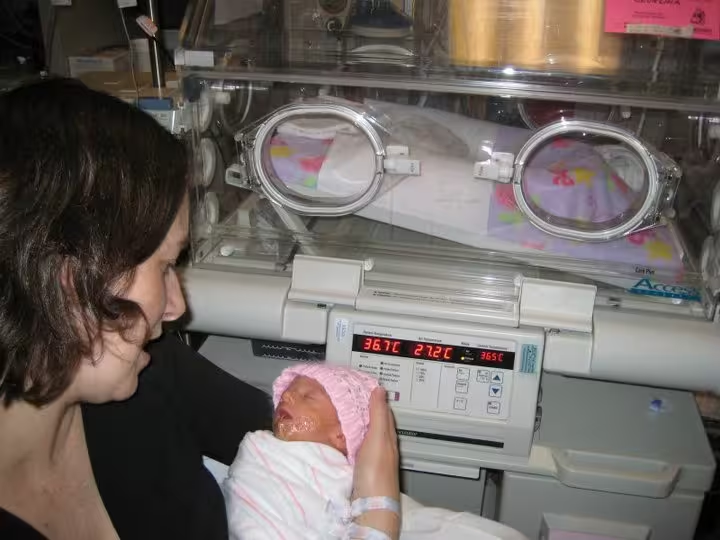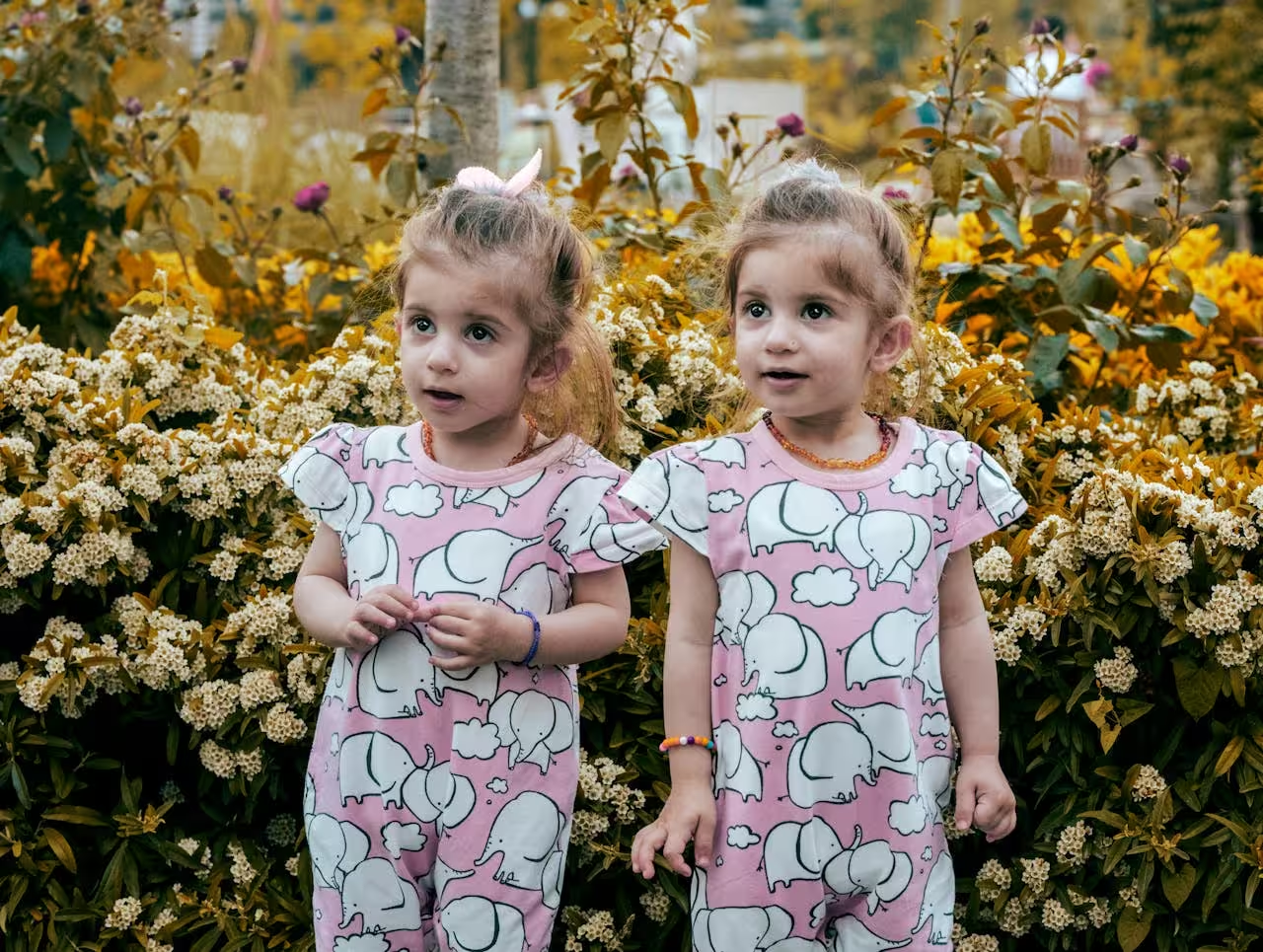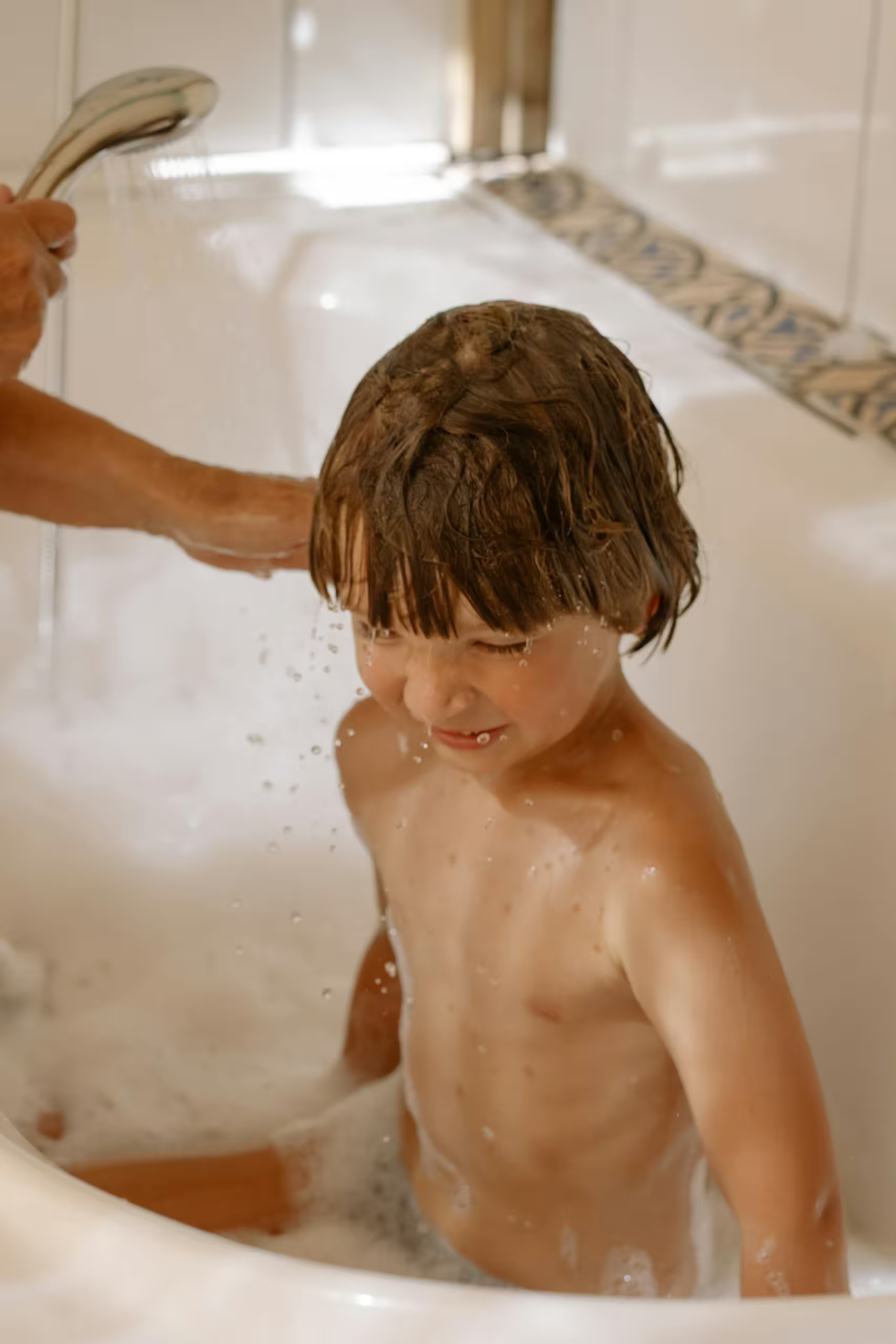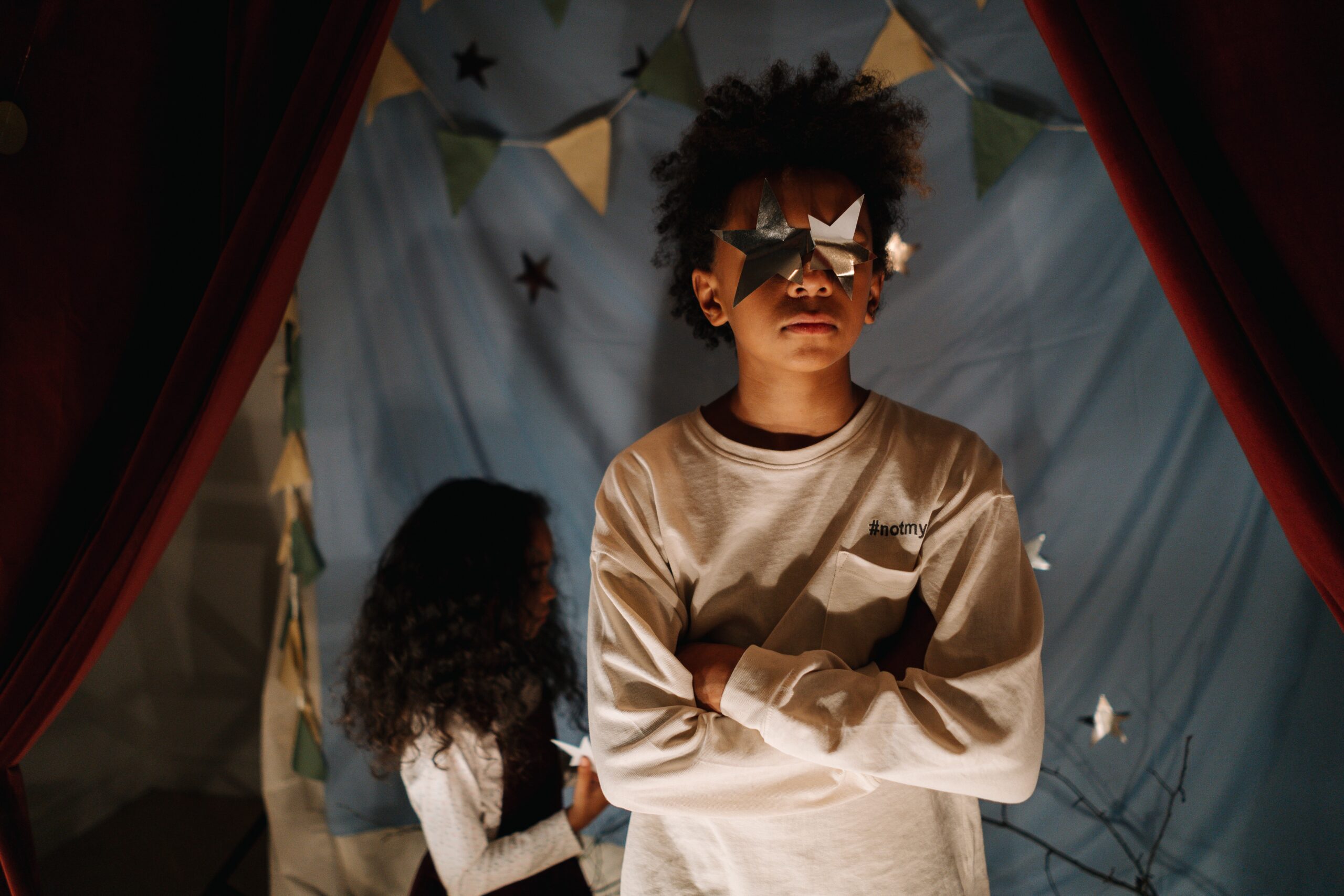A question we hear frequently in the community is will my autistic twins ever speak? Although none of us have a crystal ball to see into the future, most of the time children will develop language skills, even if this is delayed.
Speech development in children
So what are the building blocks of speech you should be looking for? First will be vowel sounds or “cooing”. Babies will start making sounds like “oo” or “ah,” around 2-3 months old. Next is babbling, where babies combine consonants and vowels to create sounds like “mamama” or “bababa.” This usually occurs around 6-9 months. Between 10-12 months old, babies typically start to say their first single words, such as “mama,” “dada,” or “ball”, while around 18-24 months old, children start to combine words to form simple phrases, such as “dada home” or “go outside.”
What’s so different about twins, triplets and quadruplets?
It’s important to know that twins, triplets and quadruplets are more likely than single births to experience speech delay. In 2019 researchers identified a “twinning effect” in language, meaning 24 month old twins are more likely to have a smaller vocabulary and say fewer words than non-twins, but they usually catch up with their peers in time. But what causes delays in twins speech development?

One cause is premature birth. More than half of all twins are born before full term (37 weeks), while the majority of triplets and quadruplets are born early. Early babies are still growing and developing, which may affect later speech development. Additionally, premature babies may spend time in the neonatal intensive care unit (NICU), where they may not receive the same amount of one on one time or language stimulation as full term babies.
Another theory is that twins, triplets or quadruplets spend less individual time with parents, therefore impacting their exposure to adults and language skills. Speech development is reliant upon exposure, however there are plenty of large families that will tell you that more siblings definitely doesn’t mean a quieter house! Children with siblings have the chance to learn and model behavior off their brothers and sisters too, however they may learn immature speaking skills if not learning from adults.
You may find that one twin is more dominant or assertive, while the other twin is more passive or shy. In these instances, one twin may “speak” for the other, or the twins may develop their own communication patterns that differ from normal speech. Although it is not necessarily a bad thing when one twin speaks for another, as it is a way they bond with and support each other. However, you don’t want it to affect their language use and development in the long term.
Is there such a thing as twin language? Although not a different language per se, some twins may develop their own unique vocabulary or jargon. This is most likely because they spend a lot of time together and may be able to understand each other, when outsiders cannot.
Autism and speech development
Gestalt language processing is a model of language learning that describes how children learn in chunks or phrases, rather than individual words. While not exclusive to autism, many autistic children are Gestalt language processors. For example, in echoloalia your twins might repeat phrases they’ve heard, often phrases from movies or television.
Selective mutism, which is associated with anxiety, is when one or both twins cannot speak in certain situations. This could be in certain locations such as outside of the house, or with certain people. This is often described as “refusing” to speak, but the twins may be experiencing a fight or flight response from anxiety, which makes it difficult or impossible for them to speak.
Sensory processing disorder can also impact on language skills. Your twins may be over stimulated and not able to concentrate on speech when in an environment that is too overwhelming, or they are exhausted from a prior sensory encounter. They may also have oral sensory issues, which impact on their ability to create sounds and speech. When working with twins who have both sensory processing needs and speech delay, try to ensure sensory needs are met first before attempting to practice speech as they will be much more engaged when they are regulated.
Social and emotional delays associated with autism can also impact on your twins’ speech. If they do not have the same social and emotional development as other children around them, they may miss out on opportunities to converse and learn from their peers.
Encouraging speech development
So how can you help your twins develop their language? Although working with an occupational therapist (OT) or speech therapist may be needed, there is lots you can do at home. Start off just by talking all of the time! Narrate your day. Encourage your twins to imitate your sounds, words, and gestures.
Keep your language simple and clear. Use short sentences and repeat key words. Instead of saying, “Would you like some apple juice?” try saying, “Juice? Apple juice?” This clarity helps them understand and process what you’re saying. Throughout the day, offer choices – “Do you want milk or juice?” – and wait for their response. Encourage them to use words or gestures to express their needs.
Some families find that sign language, Makaton or visual supports are helpful. Try using picture cards, storyboards, or visual schedules. For instance, if you’re working on the word “drink,” show a picture of a cup while you say the word. This helps your twins connect the visual with the verbal.
You can also try playing games that help your autistic triplets communicate. Games like “Peek-a-Boo” or “Simon Says” naturally encourage verbal interaction. Singing nursery rhymes and songs with repetitive phrases is also a fantastic way to build their language skills.
When one twin speaks, and the other doesn’t
None of us know what will happen in the future and just because one of your twins doesn’t speak now, it doesn’t mean they will always be that way. And although we are very verbal as a society, there are non-speaking ways of communicating, and that’s ok too! It’s important to help autistic twins learn how to communicate through gestures, pointing, touch, sounds or facial expressions. There are many apps and devices designed to support speech development in autistic children. Augmentative and Alternative Communication (AAC) devices, for instance, can be a great tool for your twins to express themselves.
Did your twins or triplets have speech delays? Share your experiences in the comments below.
Subscribe for the latest news and updates!
This website uses affiliate links. I may make a small commission from purchases when you use these links, at no additional cost to you. As an Amazon Associate I earn from qualifying purchases.




